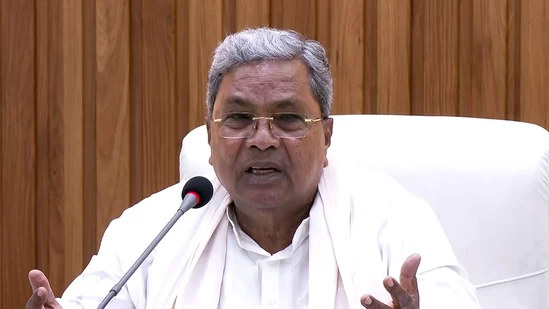Latest Updates
Fire at Delhi High Court Judge's Residence Leads to Discovery of Large Sum of Cash, Sparks Investigation

A large sum of cash was found at the bungalow of Justice Yashwant Verma after a fire broke out at his official residence. The fire occurred while Justice Verma was away from the city, and his family members promptly alerted the fire brigade and the police. After the fire was extinguished, officials made a startling discovery: substantial amounts of cash hidden in several rooms of the bungalow.
In response to this incident, the Chief Justice of India (CJI) Sanjiv Khanna convened a meeting of the Supreme Court Collegium. The meeting resulted in the unanimous decision to transfer Justice Verma back to the Allahabad High Court, where he had served until October 2021.
The discovery has raised serious concerns, and discussions are underway regarding potential investigations and the possibility of impeachment proceedings against Justice Verma. Several judges within the Collegium have expressed worry that merely transferring him could harm the judiciary's reputation and erode public trust in the legal system. They have called on Justice Verma to resign voluntarily. If he refuses, impeachment proceedings may be initiated in Parliament.
Under the Indian Constitution, an in-house procedure, established by the Supreme Court in 1999, outlines how allegations of corruption, misconduct, or irregularities against High Court or Supreme Court judges are investigated. The process begins with the Chief Justice seeking an explanation from the accused judge. If the response is unsatisfactory or further investigation is required, the CJI is tasked with forming an in-house panel, which consists of one Supreme Court judge and two High Court Chief Justices. Depending on the panel's findings, the judge may be asked to resign or face impeachment.









